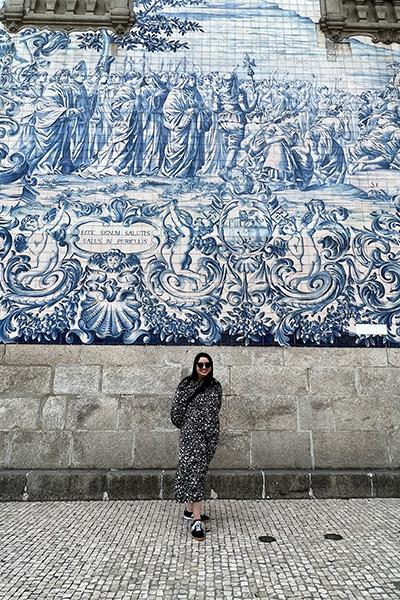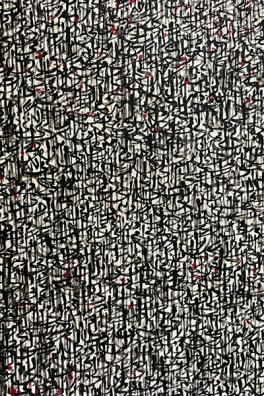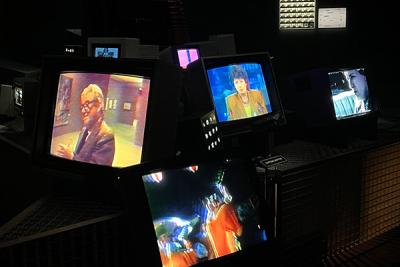Tell us about your research focus these days – what kinds of questions will you be investigating in your dissertation project?

Broadly speaking, I’m interested in the intersection of decolonization movements and cinema, roughly from the 1960s to the early 1980s. These films generally take on a documentary form and are critical of the hegemony of Hollywood and European art cinema. What is interesting about these films is how committed they were to realizing decolonization in the Global South, but at the same time, these films tend to eclipse the struggles and experiences of women in these regions. So, my dissertation research will focus on a few feminist filmmakers from the Middle East and North Africa who produced films that not only address the struggles of colonialism but also, crucially, patriarchy.
In my dissertation, the filmmakers I am researching are from countries formerly colonized by France: Algeria, Lebanon, Morocco, and Tunisia. While I have not selected all my case studies yet, I will be working on films like Assia Djebar’s La nouba des femmes du Mont-Chenoua (1976) and Selma Baccar’s Fatma 75 (1976). I’m interested in exploring how these feminist filmmakers utilized the documentary film form as a means of rewriting national history and cultural memory. This is a potent question because, in countries like Algeria, for example, women actively participated in the liberation of their country, but this was disregarded when it came time to write the official, state-sanctioned history of the nation.
While these filmmakers are critical of how their own countries have written history, I’m also curious about their relationship to France and how they are tackling this legacy of colonialism in their works. But, most of all, I’m curious to find out why cinema became this privileged medium and mode of address. What was so special and unique about the cinematic medium and why were they drawn to make films? How could cinema play a role in transforming society and redressing the gaps of history?
You’ve done some international conferences this year – what were those like?

With the help of the department, I was able to attend conferences in Portugal and France. These were interesting experiences because they were inter-disciplinary conferences (not specific to art history), and they were bi-lingual! My first concern was that I would not be able to make my ideas accessible to such a broad audience working across different disciplines. But that didn’t seem to be an issue at all, and with the help of the participants at these conferences, I was able to discover what I could make more accessible to diverse audiences.
I think what was most interesting about attending these conferences was to witness what questions are guiding other artists’ and academics’ research. For example, in Portugal, I was able to listen to a few presentations on Portuguese colonization in Brazil, and how the country is reconciling with its past as a former colonial empire. In France, students are engaged in research on creative projects by African Americans like Ralph Ellison. Because of the interdisciplinary nature of the conferences that I attended, there was an interesting selection of keynote speakers. Rather than inviting more conventional academics, like several other conferences I’ve attended, curators and artists were invited to present on their projects. Overall, it was a great learning experience attending these conferences abroad, and it gave me a better idea of what is at stake for researchers in Europe at this time.
What kinds of events and initiatives have you been involved in around campus over the past year?

In the past few years, I have worked on a few curatorial projects around campus and the greater Columbus area. These have included programming at the Wexner Center and Urban Arts Space. But over this next year, I intend to get more involved in diversity initiatives within our department and around campus. I have begun my tenure as a member of our department’s Diversity, Equity, and Inclusion (DEI) committee, alongside our colleague Asia Adomanis. I am also working with the Task of the Curator Collective, currently headed by Liz Rae Heise-Glass. In the past, the collective has organized rich and diverse programming on campus, and I’m hoping we can continue this work together for the 2022-23 academic year.
Dareen Hussein is a PhD candidate in the History of Art Department.
